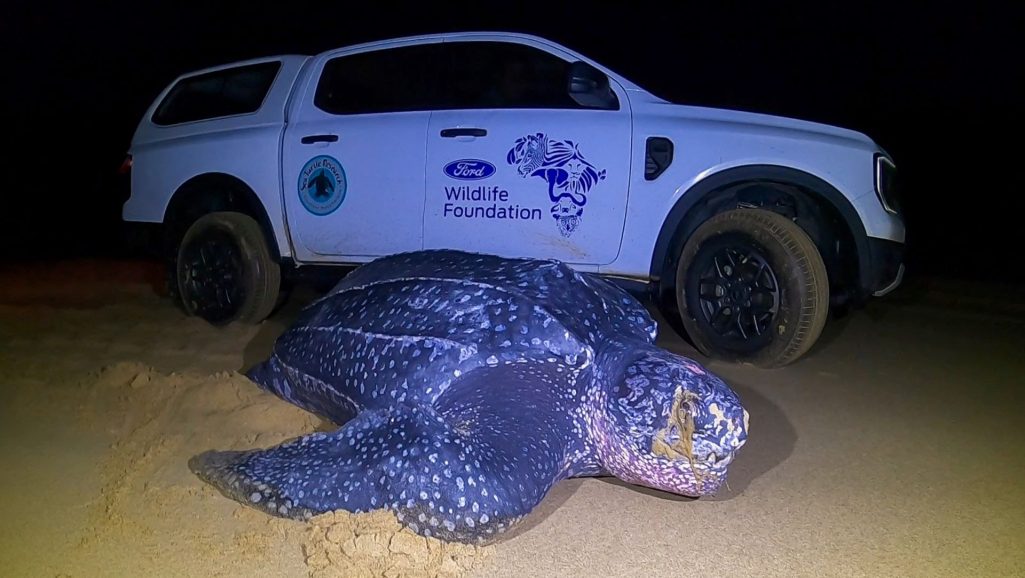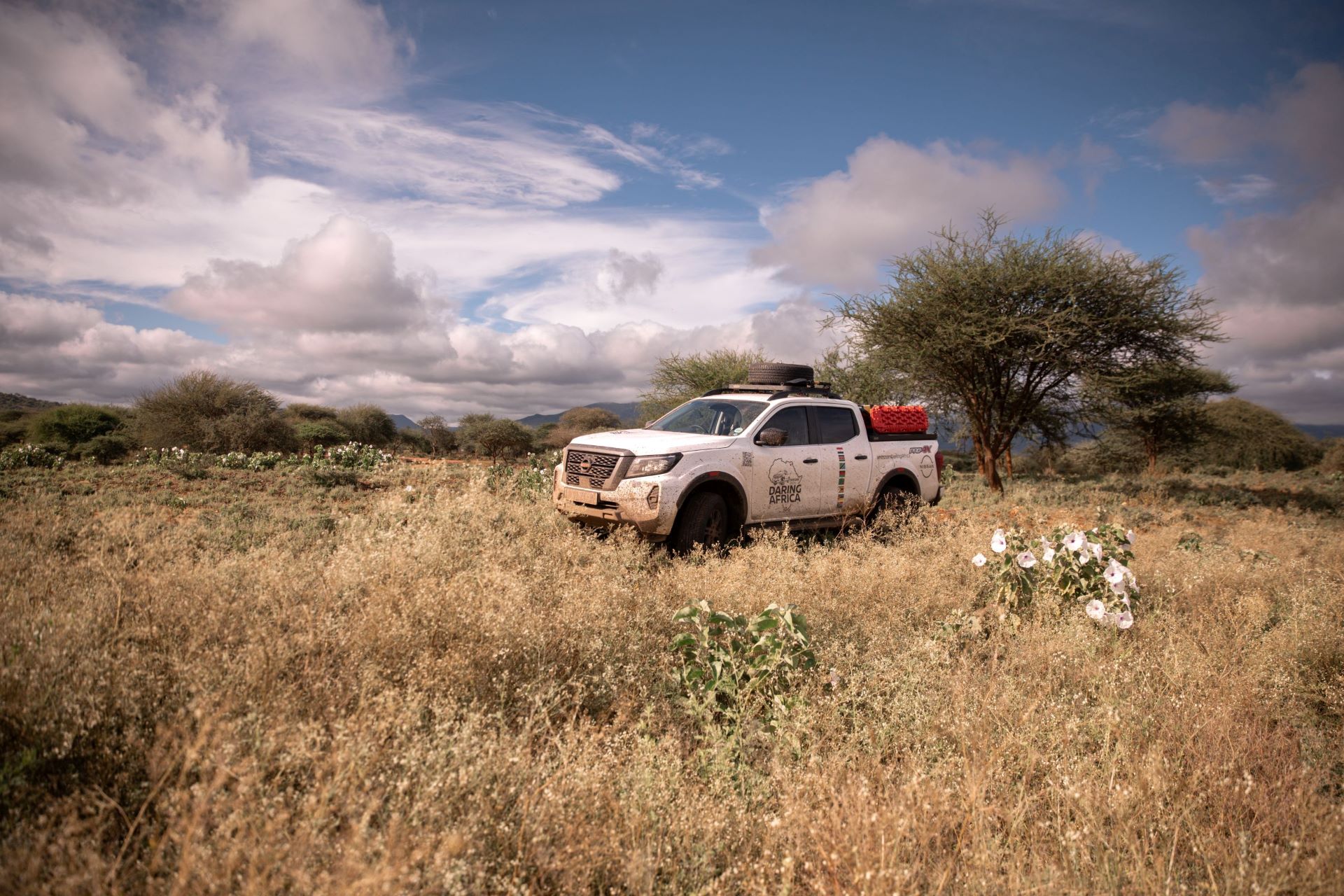PRETORIA, SOUTH AFRICA, 22 March 2024 – As the world gears up to celebrate World Water Day on March 22, the Ford Wildlife Foundation (FWF) reaffirms its commitment to water conservation efforts across Southern Africa. Amidst South Africa’s water scarcity crisis, the FWF collaborates with various conservation projects to revitalise dwindling water species populations, leveraging the capabilities of the Ford Ranger to facilitate access to crucial water sources.
World Water Day, an annual United Nations observance, serves as a vital reminder of the criticality of freshwater resources and the necessity for their sustainable management. For over three decades, Ford Wildlife Foundation has supported environmental research, conservation, and education endeavours throughout Southern Africa.
Lynda du Plessis, manager of the Ford Wildlife Foundation, stresses that “promoting informed decision-making in support of sustainable and equitable water use is crucial in a water-scarce, biodiversity-rich agricultural region like South Africa.”
A key aspect of the Foundation’s initiatives involves the provision of locally manufactured Ford Ranger Double Cab 4x4s to support partner organisations. The vehicles are provided by Ford South Africa to partner organisations for a period of two years, and are supported by Ford’s nationwide dealer network. They play a pivotal role in enhancing mobility for conservation projects operating in remote areas.
One such partnership is with the Southern Mozambique Sea Turtle Research Project, which spans four to six weeks annually from the end of November to early January during the sea turtle breeding season. Operating primarily along a 60km stretch of beach, researchers utilise the Ford Ranger to conduct nightly patrols aimed at examining nests, tagging and measuring Loggerhead and Leatherback turtles, both of which are endangered species.
Pierre Lombard from the Southern Mozambique Sea Turtle Research Project, says: “The Ford Ranger is similar to the turtle it’s assisting us to protect, it conquers the unknown with ease – be it sand or rock, in full moon or darkest night, whatever nature throws at it, nothing is insurmountable.”

The project’s vigilance extends beyond data collection to actively safeguarding nests and adult turtles from threats such as poaching and predation. This is contributing to the observed increase in Loggerhead turtle numbers and the stabilisation of Leatherback turtle populations over the project’s 25-year tenure.
Another noteworthy collaboration supported by FWF is the Fresh Water Research Centre’s Fynbos Fish Revival initiative. The project aims to implement targeted conservation interventions in Cape rivers with high freshwater fish conservation priorities, thereby mitigating the threats faced by South Africa’s most endangered species.
Dr Jeremy Shelton, director of the Fresh Water Research Centre, underscores the project’s focus on enhancing the conservation of the Cape’s freshwater fishes and their habitats, acknowledging the Ford Ranger’s instrumental role in facilitating field work across rugged terrains. “Our freshwater conservation work often happens in remote catchment areas, and involves transporting people, field gear and fish across rugged terrain. The Ford Ranger has been a game-changer for conserving the Cape’s unique and threatened freshwater fishes and their habitats. The vehicle has performed perfectly. It’s been incredible on the rugged gravel roads of the Cederberg, where we do a lot of our fish conservation work,” he says.
One of the Freshwater Research Centre’s most notable initiatives is the Saving Sandfish project. This programme aims to increase sandfish survival by rescuing young fish from vulnerable habitats and relocating them to the safety of ‘Sandfish Sanctuaries’ – dams from which alien fish have been removed with the help of local land owners. Sandfish are migratory freshwater fish found only in South Africa that can grow to over half a metre in length. Over the summer of 2023, they rescued a total of 18 296 sandfish from the Biedouw River near Clanwilliam and relocated them to the safety of sandfish sanctuary dams. This brings the total number of sandfish rescued to 33 391 fish.
Lynda du Plessis expands on Shelton’s sentiment, expressing optimism about the impact of providing teams with the Built Ford Tough Ranger: “By providing the teams with a Ranger 4×4 we ensure they are better equipped to conserve aquatic ecosystems in various regions across South Africa and to ensure the survival of the regions’ unique and threatened water species.”



